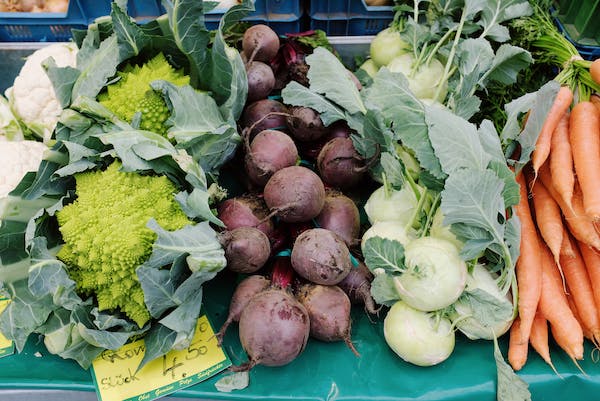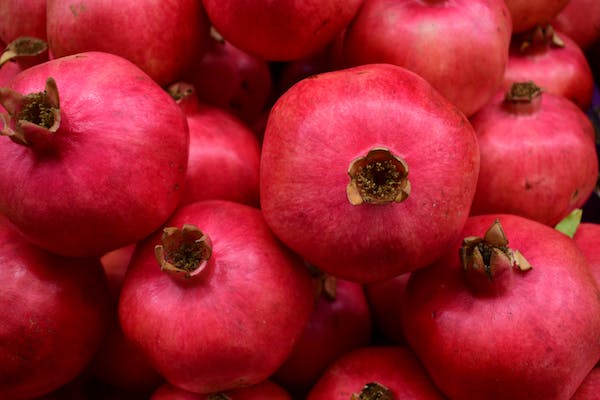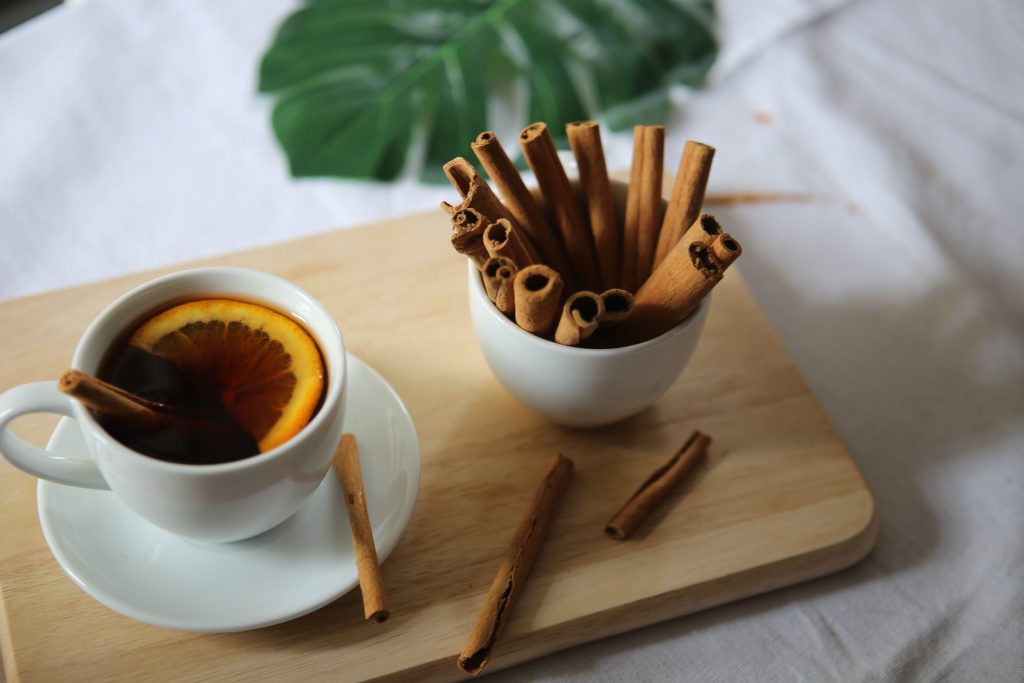Overview
-
High cholesterol poses a risk to heart health and overall vitality, making it essential to maintain optimal health.
-
A balanced diet can effectively reduce the amount of fat in our bloodstream.
-
This content comprises ten delicious and nutritious foods that naturally lower cholesterol levels and promote heart health.
-
From fiber-rich oats and heart-healthy avocados to antioxidant-packed berries and cholesterol-regulating garlic
-
These foods offer a delicious and nutritious way to support a healthy lipid profile and promote overall heart health.






